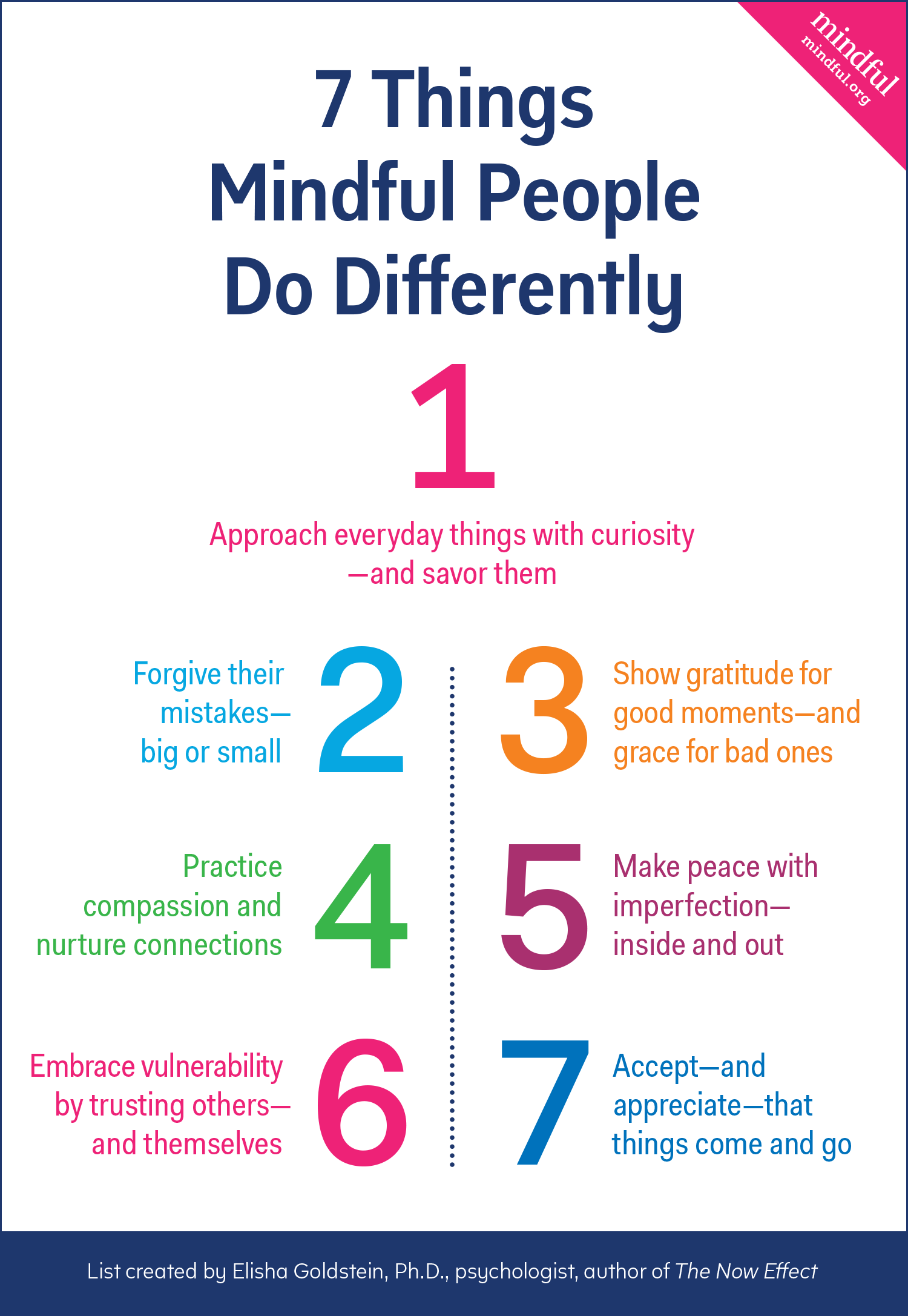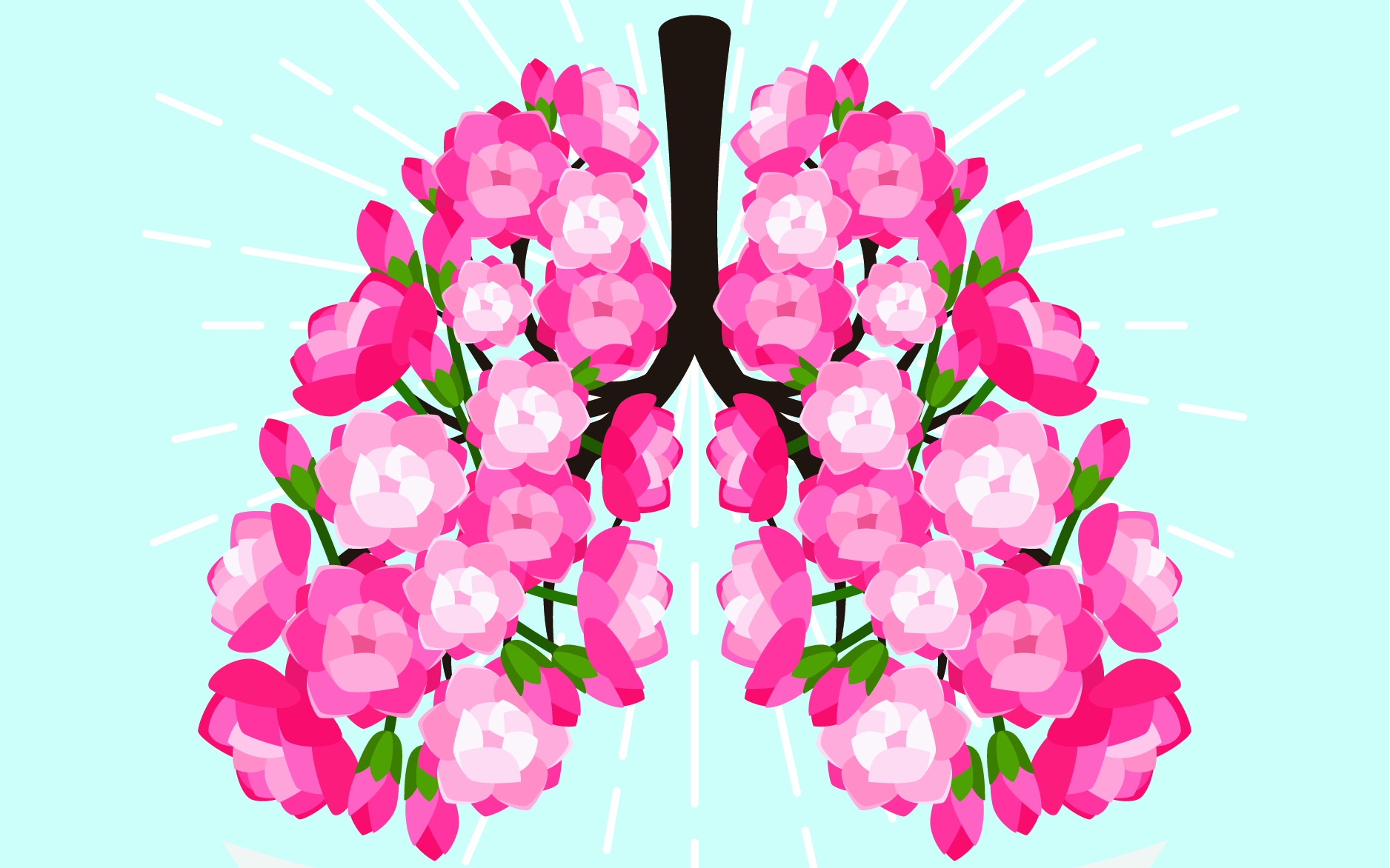
The intention of being more present in our lives is continuing to grow and touch an increasing amount of people. I have friends who I never would have imagined practicing mindfulness who now sit in daily meditation. When I look at the Seattle Seahawks, think of our military veterans or politicians sitting in the “Quiet Caucus” room, I’m filled with a whole lot of hope. When I see an increasing amount of kids and teens being taught mindfulness in their schools I see possibility. My wife and I ran a family retreat at Denim N’ Dirt Ranch and long before the deadline it was sold out showing me an increasing desire of parents wanting to bring mindfulness into their families. As people start to engage mindfulness I’ve noticed a few things they begin to do differently.
1) Practice Being Curious
One of the essential attitudes of mindfulness is beginner’s mind. This is engaging something as if for the very first time. People who practice mindfulness bring this attitude with them throughout the day. When they take a shower, they might imagine it was the first time feeling the water, smelling the soap, or watching the steam as it shifts and changes before their eyes. Novelty is one of the fastest routes to creating new neural connections.
Even a meal or snack becomes a chance to pause and reflect on how this simple peace of food holds everything in it, the earth, wind, rain and sunshine. All the people from around the world who contributed in making the ingredients and putting them together into what it is in that moment. This simple snack becomes a source of gratitude and a moment of recognizing the interconnection of all things.
Abraham Joshua Heschel said, “Life is routine and routine is resistance to wonder.” Curiosity leads the mindful person to get back in touch with the wonders and possibilities of life.
2) Forgive Themselves
Life comes with its obstacles and engaging a mindful life is not too different. Throughout the process there are times when we get too tired to practice, feel too busy, find ourselves doubting the process, get caught in avoiding what’s uncomfortable or just feeling too restless.
In practicing mindfulness we come to understand that these are not signs of failing at being mindful. Instead they are opportunities for learning about the hindrances of life, what gets in our way, and understanding two things: 1) What we need in those moments and 2) The fastest route to begin again.
The simple phrase of “forgive and invite” can be enormously helpful. When we get caught in an obstacle, we “forgive” ourselves for the time gone by, investigate the obstacle to learn from it, and then “invite” ourselves to begin again.
Practicing “forgive and invite” over and over again in life becomes an incredible strong vehicle for growth.
3) Hold their emotions lightly
When you start paying attention to any emotion you start to experience that it is an energy that is “in motion.” It has a certain nature of coming and going and in experiencing this we can naturally hold them more lightly. This enables us to not get so wrapped up in the difficult feelings, but instead hold them with a gentleness and tenderness. Maybe even learning from them as we get better and better at understanding what we need.
When the comfortable emotions are present we also hold those lightly as we know that are not permanent either, but have this same nature of coming and going. With this experience, people who practice mindfulness can be grateful for the good moments and graceful during the more difficult ones.
4) Practice compassion
Compassion can be defined as noticing suffering with an inclination to want to help in some way. A repeated practice of intentionally paying attention to ourselves with a curious and caring attention sends the implicit message to our brain that we’re worth caring about. As we start to pay attention to difficult emotions we become less afraid of them.
Instead they become our teachers guiding us to get increasingly better at not only understanding what our needs are or the needs of others, but at inclining to help ourselves or another. This act of self-compassion or compassion is the essential healing agent and facilitates connection which is a cornerstone to happiness.
5) Make peace with imperfection
Many of us are keenly aware of our imperfections and this erupts in a barrage of continuous self-judgment. As we start to practice being present we can’t help but see that we are not the only one who is imperfect. To be imperfect is to be human.
The imperfections that arise become less of a struggle and instead a source of recognizing the common humanity of all people. As Zen priest Dogen Zenji said, “To be in harmony with the wholeness of things is to not have anxiety over our imperfections.” Easier said than done, but mindfulness leans us in that direction.
6) Embrace vulnerability
Our brain’s default is to guard against vulnerability with ourselves and with others. However, someone who practices mindfulness comes to understand that vulnerability is where the gold is. From embracing vulnerability we develop courage, trust and connection. It takes courage to take the leap and be vulnerable, as we do this we begin to trust ourselves and others and in doing this we cultivate connection which allows us to feel safe and be happy. Of course this doesn’t mean we are vulnerable everywhere and at all times, we can be discerning about this, but slowly we begin to trust ourselves more and more.
7) Understand that all things come and go
If there is one singular law in life it is that nothing is permanent (except that law of course). When we close our eyes and listen we hear how sounds appear and disappear. When we open our eyes we see how over time the seasons change how nature looks. Food comes in our mouths, the taste is there and then it’s gone. We’re born on this earth, we grow up and eventually pass away. As we practice mindfulness, we come to understand this and in this way, life becomes increasingly precious. We begin to put our phones down more often and open our eyes to the sacred moments all around us. As I continue to hear over and again from any parent, “It all goes by so fast.” May we learn to savor this precious life.
Many people ask the question: “How do you start?”
The 15th century poet Kabir said, “Wherever you are that’s the entry point.” My wife had an interesting experience where she was home alone with our two boys. She wanted to do a meditation, but there was no space for it. A rare occurrence of our two boys playing in their room alone together opened her up to an idea. The entry point for her was to use sounds as her practice.
She sat on the couch, closed her eyes and opened up to listening. She heard the birds chirping, the chimes ringing and the sounds of the boys playing. She had a nice 20-minute meditation.
There are so many ways to begin, begin where you are.
One way to get started, reconnect or deepen your mindfulness practice is to take the 28 Day Challenge with the new online program Basics of Mindfulness Meditation.
Adapted from Mindfulness & Psychotherapy
Read More
Why Mindfulness Meditation Begins with the Breath
We can learn a lot from the natural rhythm, pace, and un-fussiness of how the breath continues its work, without making a big deal out of it.
Read More






